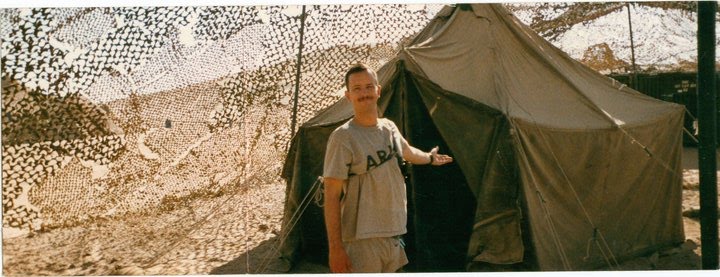Robert’ Grenier’s article is the topic of the week “…Obama, Afghanistan, and the wages of sin…”
Grenier’s approach to the Obama doctrine of Foreign Policy
It is axiomatic in warfare that the overall goals of a campaign and the strategy to achieve them should be determined in advance of decisions regarding the resources - money, equipment, people, time - to be applied. It is the former which must dictate the latter. And if it should transpire that, for one reason or another, the resources necessary to achieve one's goals are not available, then both the goals and the strategy need to be adjusted accordingly.
We have no choice under this administration, regardless of the actual conditions on the grounds, the President is forced to meet a suspense based on a promise that could compromise the gains of this spring….
Ryan Crocker the new ambassador, just has mild hopes of success in this counter insurgency campaign. John Kerry a liberal democrat, Chairman of the Senate Foreign relations committee is highly critical on both the military and civilian reconstruction portions of the plan.
'Fragile and reversible' gains shifting of Taliban to other provinces….
On the security front, even the US military, understandably eager to tout the positive results of its counter-insurgency "surge" in Helmand and other parts of the Pashtun South, is careful to characterise its gains as "fragile and reversible", while nervously eyeing the deterioration of security further east - due in part, perhaps, to the influx of fighters pushed out by the US military elsewhere - and hoping it will be allowed to shift surge forces there, rather than sending them home.
It is clear Afghanistan will not be ready by 2014 to provide for their own security, and to have a functional government.
And yet, nowhere is the administration suggesting that a change of strategy is in order. Those pressing for a relatively large initial drawdown of US troops, on the order of 15,000 of the current complement of 100,000, generally do not make a concomitant demand for a complementary change in strategy. It appears, instead, that they would prefer to compensate for a losing strategy by denying it resources. This, of course, is a prescription for disaster - but one consistent with the path laid out by the US president.
The evolution to date of the administration's policy in Afghanistan does not reflect well on President Obama. Having politically painted himself into a corner by embracing the struggle there as a "war of necessity", Obama rather sanctimoniously pledged to commit the resources necessary for a highly ambitious program of Afghan nation-building in March 2009. His ardour for the project waned considerably, however, just five months later, when he was informed by his newly appointed Afghan commander, (General Stanley McChrystal, that the price tag of a successful counter-insurgency would be 40,000 troops higher than expected - and that even then, success was not assured.)
Pursuing a genuine course?
Clearly working against his better judgment, but politically committed to a counter-insurgency course, Obama struck a fateful compromise: He would largely acquiesce to the military's immediate resource demands and stick with a comprehensive counterinsurgency strategy, but deny his forces either the time or the sustained commitment of resources necessary for such a US-led strategy to succeed. In short, he would violate the iron rule of war planning, completely separating resource considerations from consideration either of goals or of strategy. To square this contradiction, he would simply insist that the transition to a large Afghan security force, never realistic in the first place, be accomplished far more rapidly than originally planned.
Indeed, there is no sign that the administration is pursuing a genuine course correction in Afghanistan. Its current hope appears to be that the Taliban will acquiesce in a negotiated settlement which will save the Americans from the consequences of their folly. That is unlikely to happen. Meanwhile, as internal US pressure builds for withdrawal, the day of reckoning - when the gulf between US aims and means in Afghanistan becomes impossible to ignore - looms ever larger. Such, as they say, are the wages of sin.
Grainger clearly shows why this pragmatic president is not a leader of troops, nor a world leader committed to a cause, but a bureaucrat, a lawyer who deals with sensitive international security matters like a bank transaction, just another day at the office balancing a budget….keeping a political promise

No comments:
Post a Comment